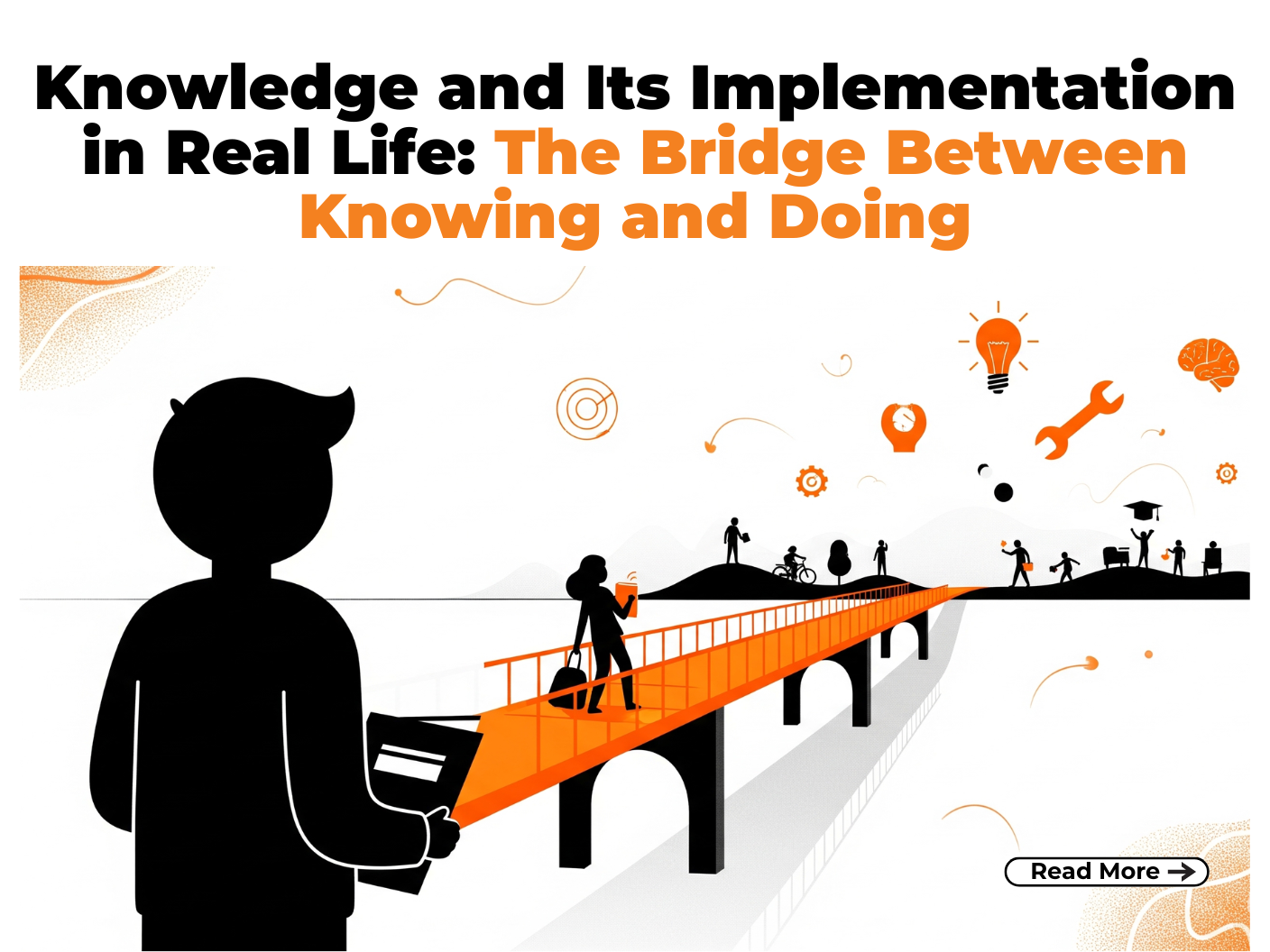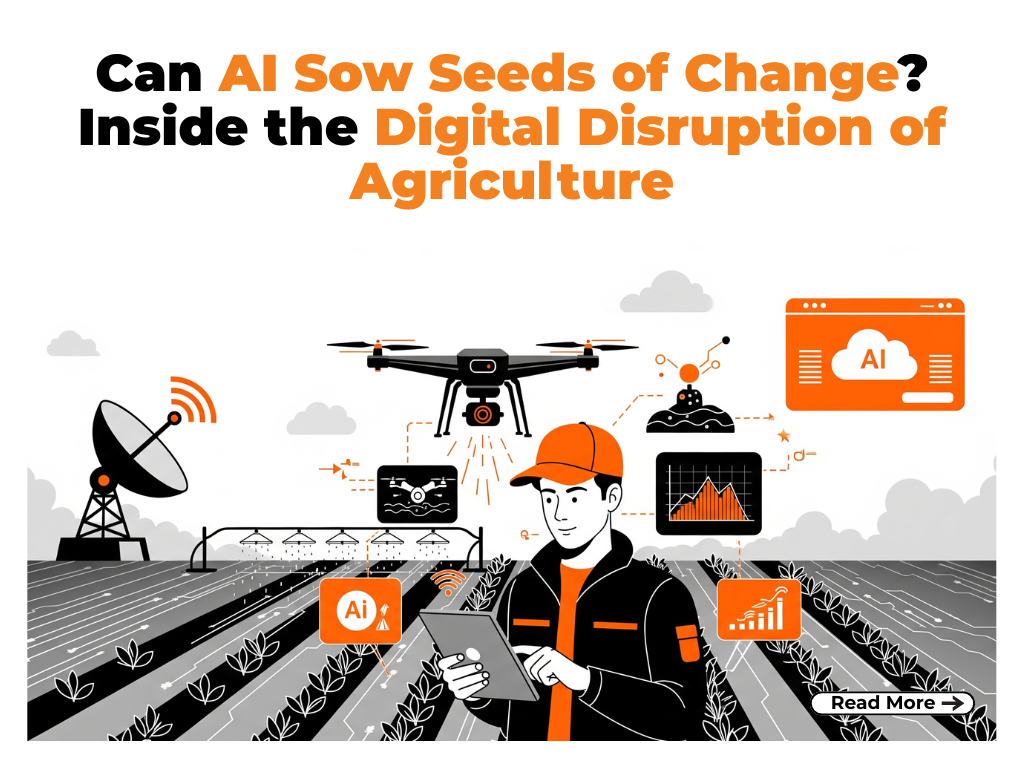We live in an age where knowledge is more accessible than ever before. With a few taps, we can learn anything — from quantum physics to planting tomatoes on a balcony. But the real challenge lies not in acquiring knowledge, but in applying it. Without implementation, knowledge is like a book no one ever opens — full of wisdom, yet powerless.
The Value of Knowledge
Knowledge is power — but only when used. It shapes our thoughts, decisions, and ultimately, our actions. It forms the foundation of innovation, social change, and personal growth. However, knowledge without implementation can lead to overthinking, self-doubt, and even arrogance.
“To know and not to do is not to know.” – Chinese Proverb
Why Implementation Matters
- Bridges the Gap Between Theory and Practice: Knowing how to swim doesn’t save you in deep water unless you actually jump in. Similarly, understanding ethics only matters if we act ethically in difficult situations.
- Builds Confidence: When we apply what we know, we test its truth, adapt it, and gain clarity. This process builds our self-belief.
- Leads to Growth: Knowledge is a seed; implementation is the watering. Only through action can growth happen — whether in career, relationships, or personal development.
Examples in Daily Life
- A student learns about time management but never plans their day — result: missed deadlines.
- A person understands the benefits of healthy eating but never changes their diet — result: no health improvement.
- A team receives training on leadership, yet avoids taking responsibility — result: no team progress.
Challenges to Implementation
- Fear of Failure: People often avoid acting on knowledge because of “what if I fail?” But failure is part of learning.
- Lack of Motivation: Knowledge without purpose feels irrelevant. Implementation becomes easier when there’s a goal.
- Overconsumption: Consuming too much information without reflection creates paralysis. We need to pause and apply.
How to Practice Implementation
- Start Small: Apply what you learn in small, daily actions. Read about mindfulness? Try 5 minutes of meditation.
- Reflect and Adjust: Not everything works instantly. Reflect on what you try, and tweak it to suit your life.
- Teach Others: When you explain and help others apply knowledge, you deepen your own understanding too.
Conclusion
Knowledge is only as powerful as the actions it inspires. The real winners in life are not the ones who know the most, but those who use what they know wisely. So the next time you learn something new, ask yourself: “How can I apply this in real life?”




![Career Paths After B.Sc. Information Technology [Lateral Entry] Career Paths after B.Sc. Information Technology [Lateral Entry]](https://www.lpu.in/blog/wp-content/uploads/2026/01/Career-Paths-after-B.Sc_.-Information-Technology-Lateral-Entry-218x150.png)









